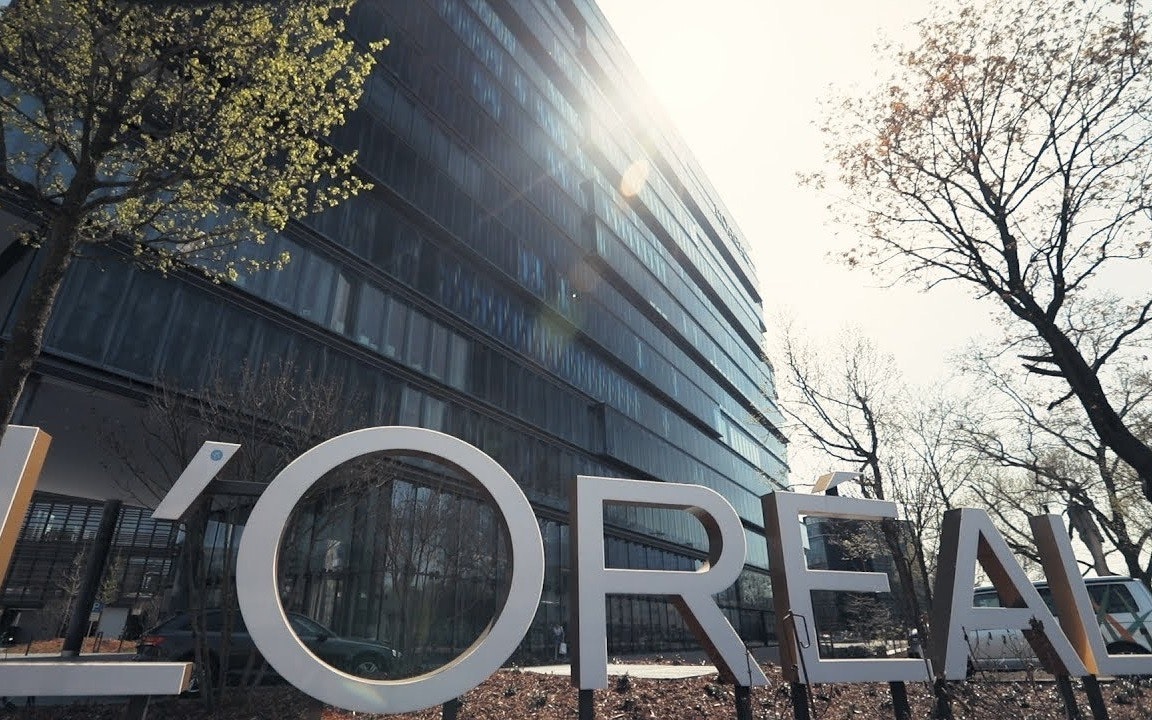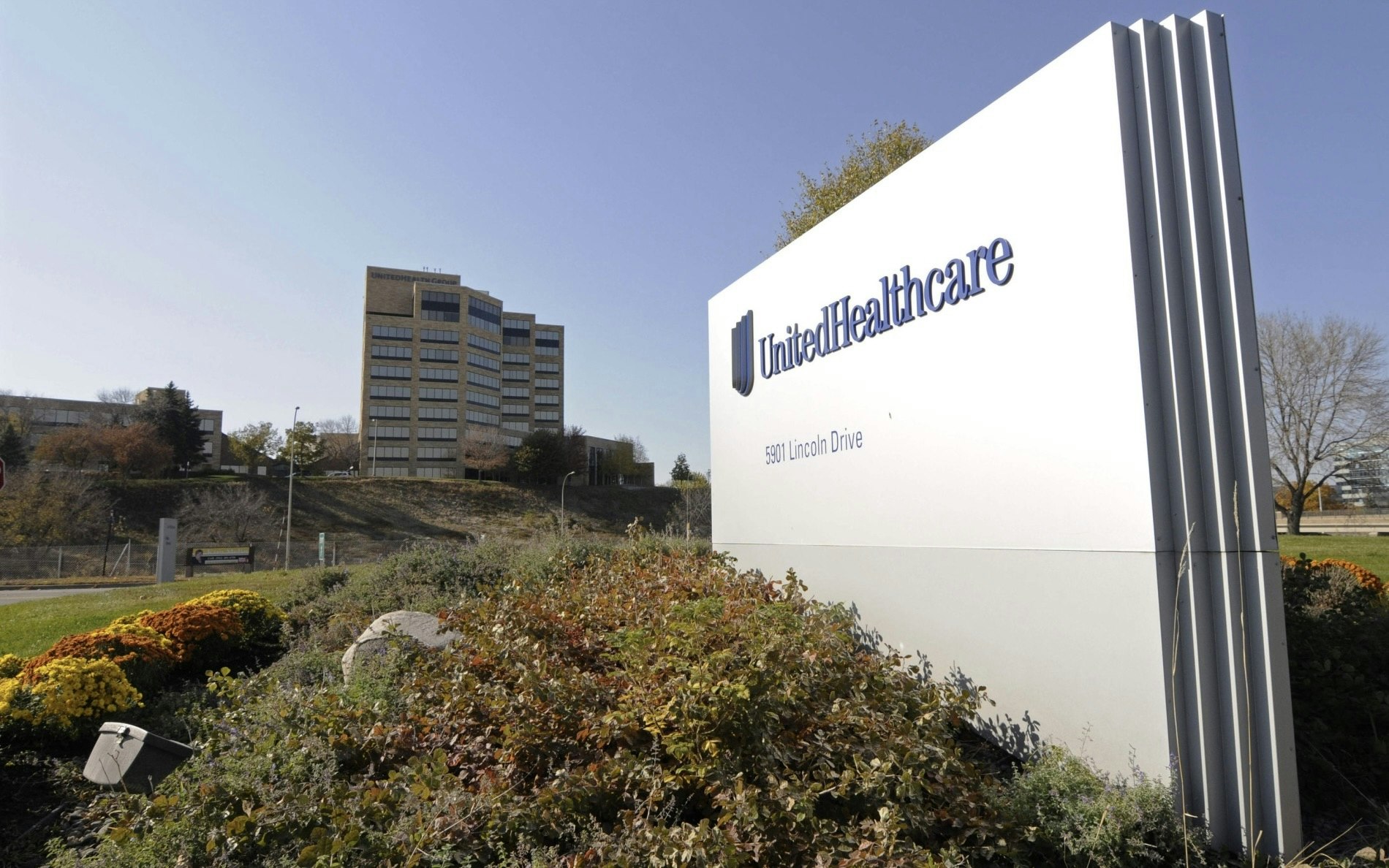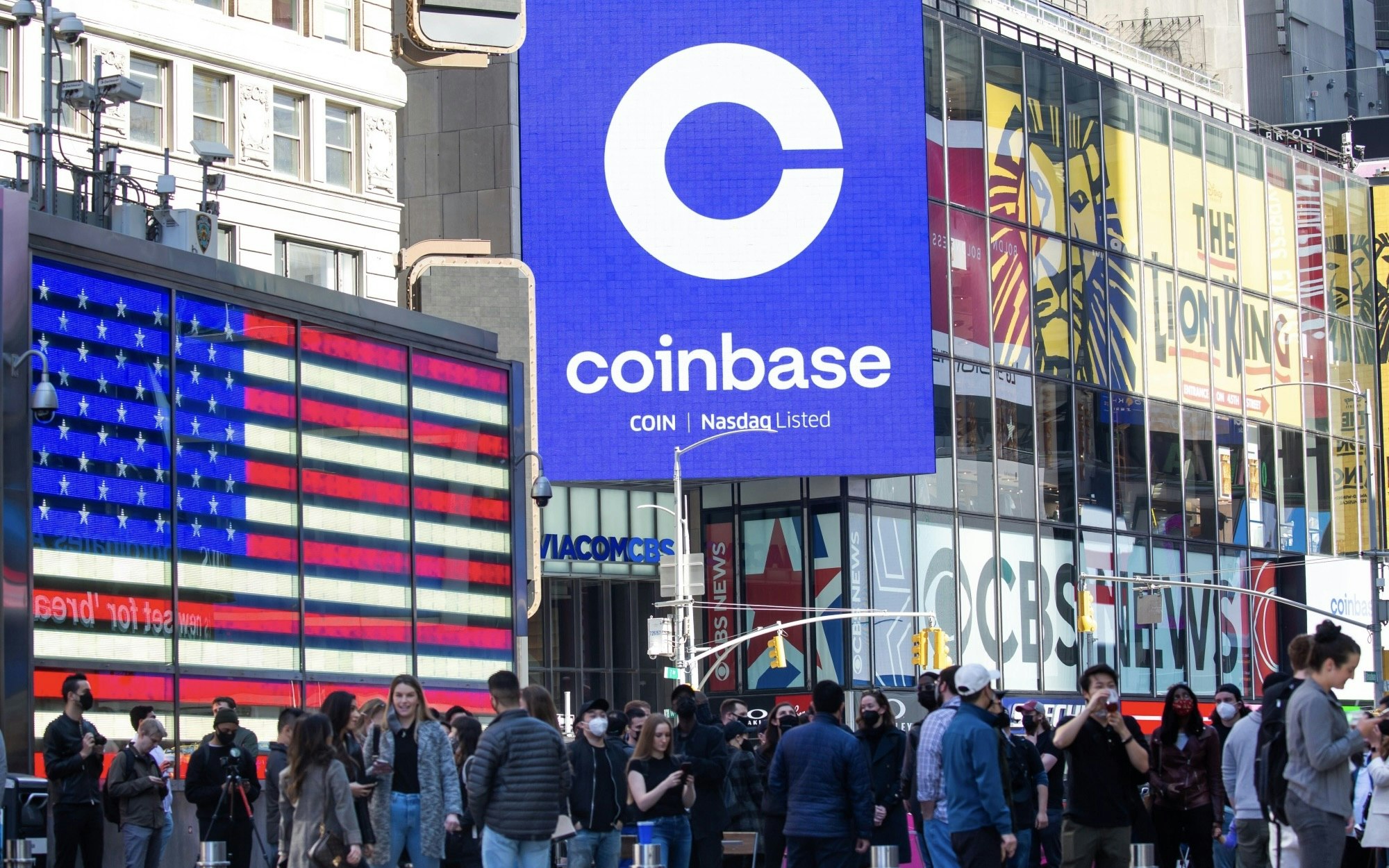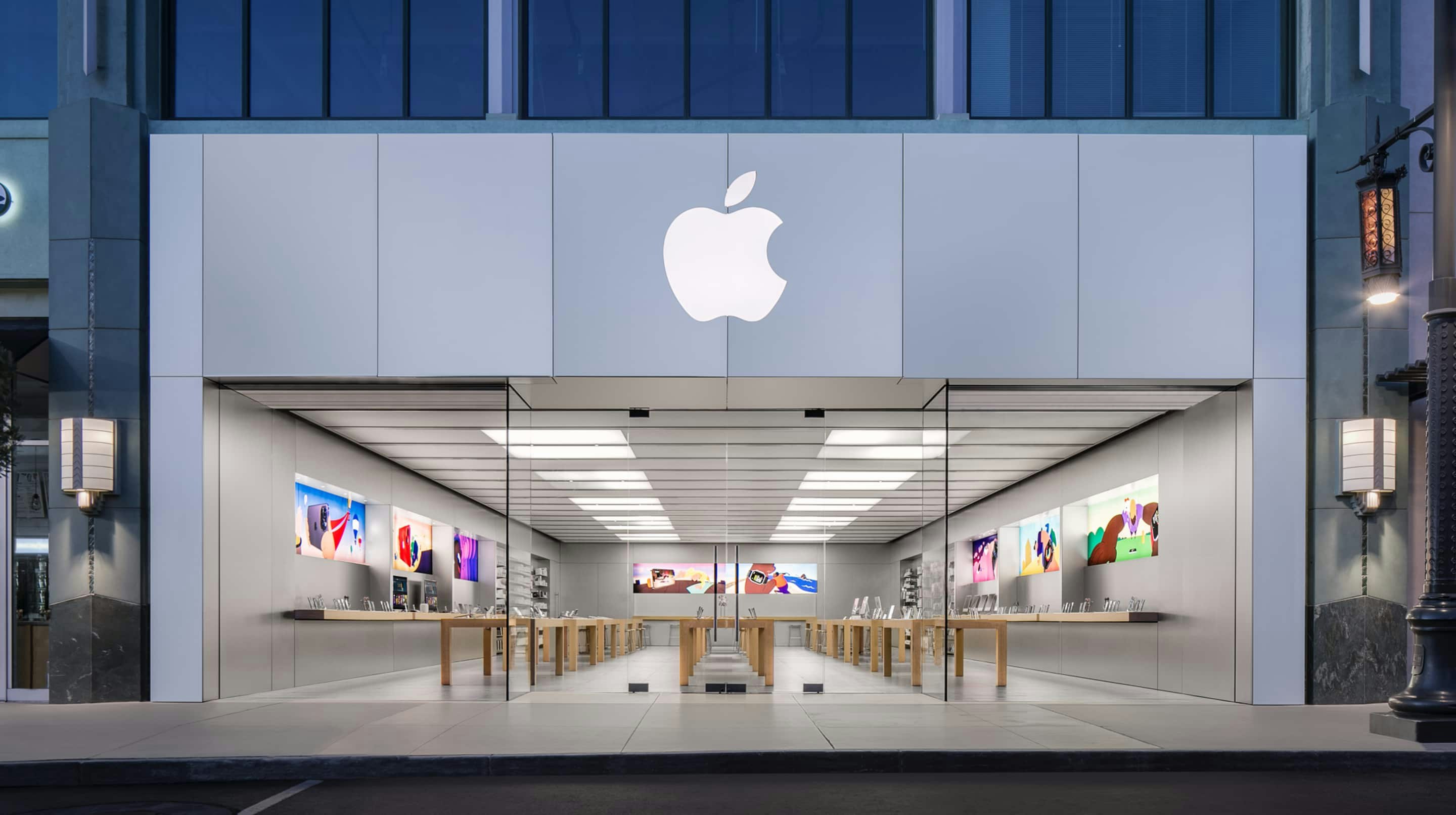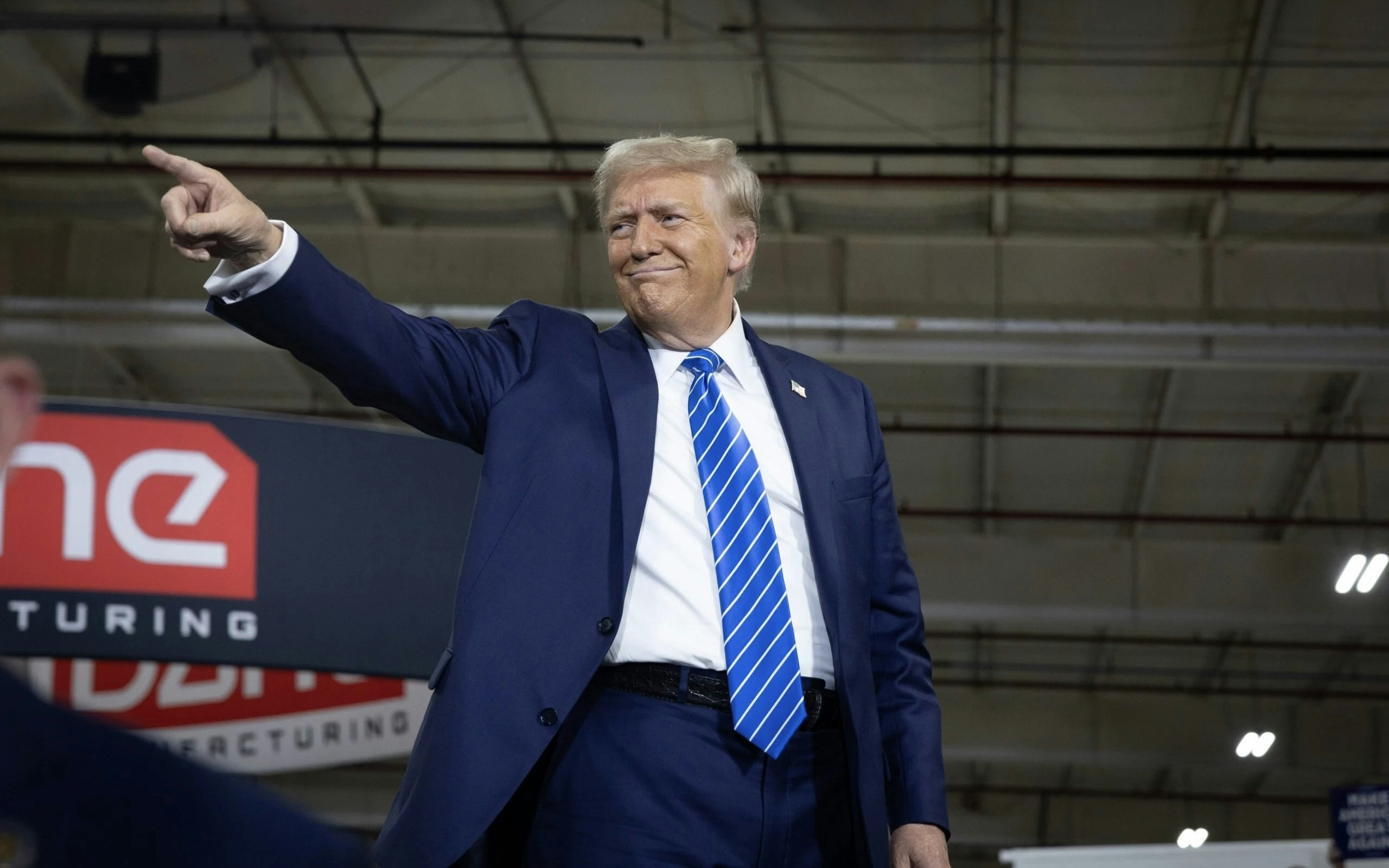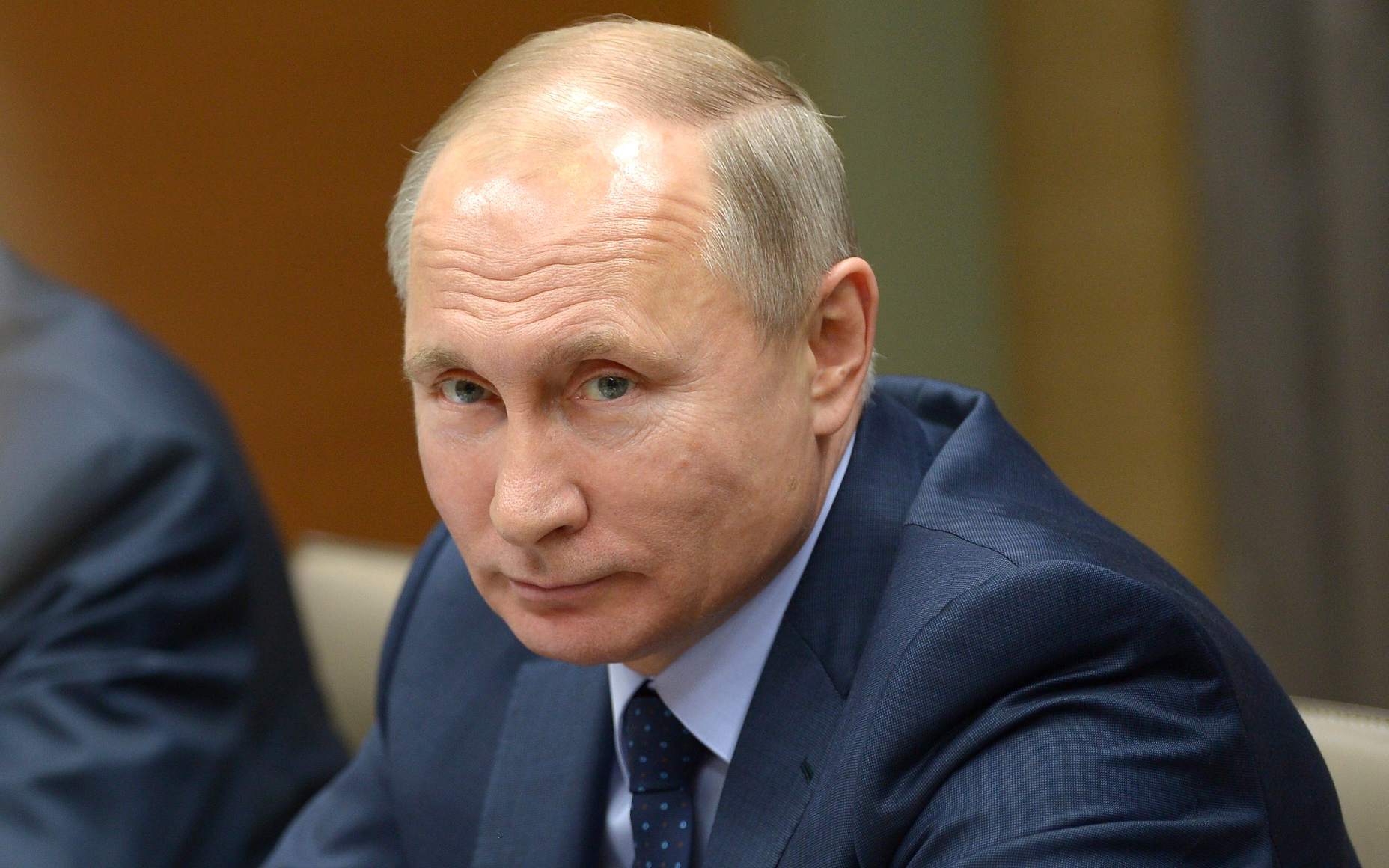L'Oréal recorded unexpectedly weak sales in the third quarter, particularly due to declining demand for skincare and makeup products in China. The world's largest cosmetics company achieved organic growth of 3.4 percent to 10.28 billion euros—significantly below the 6 percent expected by analysts.
This development marks a further slowdown compared to the second quarter, where growth was 5.3 percent, down from 9.4 percent in the first quarter. Particularly notable is the decline in North Asia, mainly China, where comparable sales fell by 6.5 percent, contrary to the predicted increase of 2.9 percent.
CEO Nicolas Hieronimus expressed concern: "The situation in the Chinese market has further intensified. However, we believe in the future of this market and hope that government incentives will strengthen consumer confidence." Additionally, sales in China have been impacted by the government's crackdown on so-called Daigou buyers, who purchase cosmetics in regions with lower taxes and sell them at a profit in mainland China.
The premium dermatology division, which includes brands such as SkinCeuticals and CeraVe, also disappointed with a sales growth of only 0.8 percent instead of the expected 10.8 percent. This area is considered an important indicator of the company's profitability.
In North America, however, comparable sales rose by 5.2 percent, exceeding expectations of 3.7 percent. In Europe, growth was at 5.6 percent, slightly below forecasts.
The long-standing lipstick effect—where consumers continue to buy small luxury items despite cutting back on everyday expenses—seems to be weakening. Even in the high-margin prestige segment, a decrease in willingness to purchase is evident, suggesting that even wealthier customers are becoming more cautious.
Analyst James Edwardes Jones from RBC Capital commented: "The last time L'Oréal reported such low organic quarterly growth was in the third quarter of 2020 at the height of the COVID pandemic." Nevertheless, he emphasized that the company continues to outperform the rest of the beauty market.
The stock of L'Oréal, which has lost about 17 percent since the beginning of the year, reacted to the news after the market closed in Paris. Callum Elliott of Bernstein noted: "For such a renowned name, simultaneous slowdowns in the main growth drivers could significantly affect the long-term growth prospects, and we expect the stock to react accordingly.


